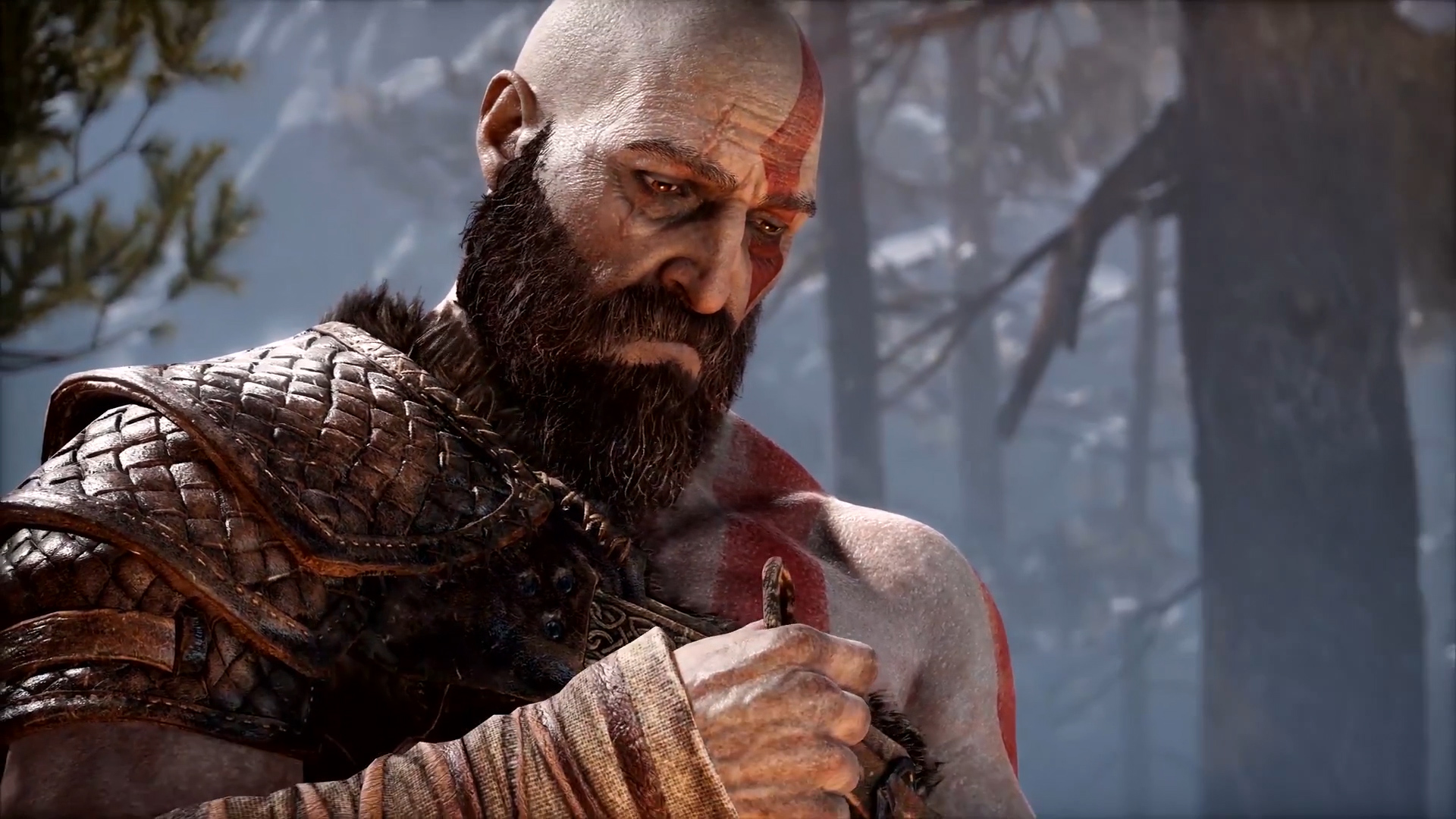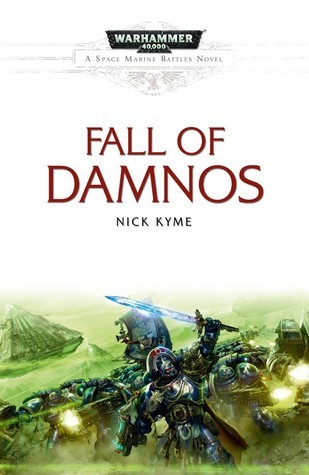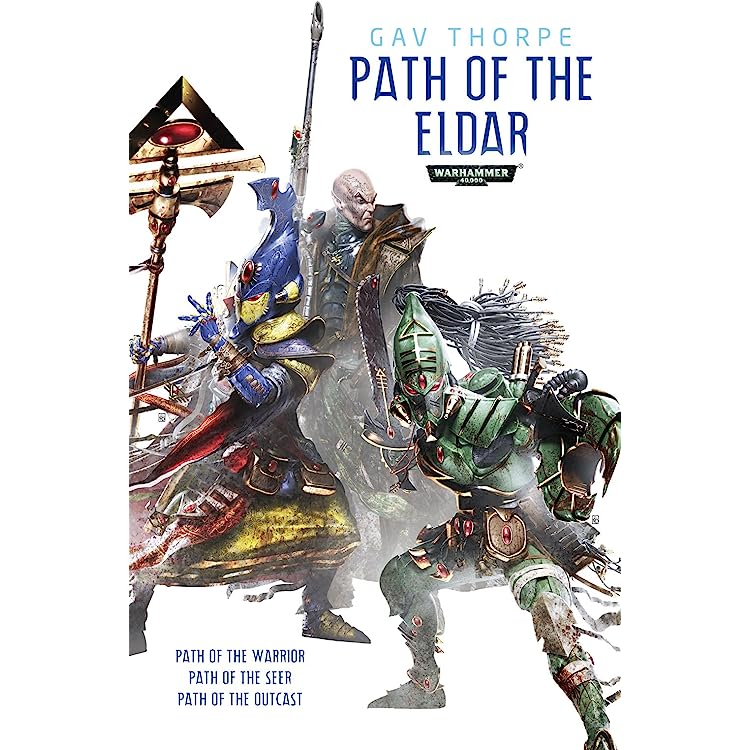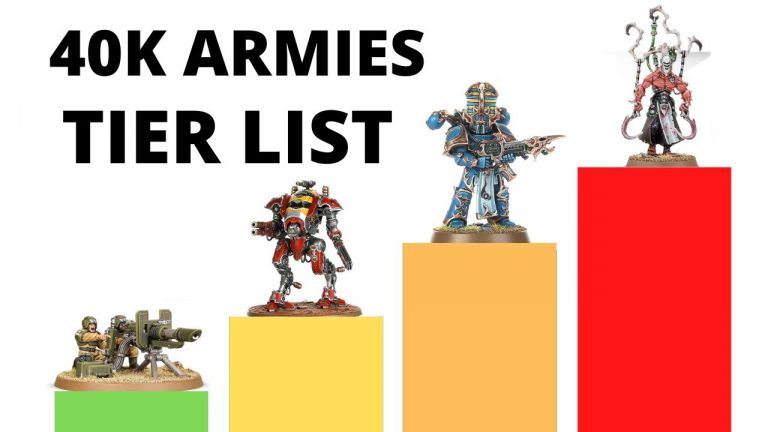What Religion Is God Of War?
If you’ve ever played the popular video game God of War, you might be wondering, “What religion is God of War?” It’s a fascinating question that delves into the mythology and lore behind this epic game. In this article, we’ll explore the religious influences and inspirations that contribute to the captivating world of God of War. So grab your controller, and let’s embark on this mythological adventure together!
Religion plays a significant role in God of War, weaving its way through the game’s narrative and shaping the actions of its characters. However, it’s important to note that God of War is not based on any specific religion. Instead, it draws inspiration from various mythological traditions, primarily Norse and Greek mythology. The game takes these mythologies and creates its own unique universe filled with gods, monsters, and epic battles.
In God of War, you’ll encounter gods like Zeus, Thor, and Odin, as well as creatures like the World Serpent and the Valkyries. These characters and creatures are deeply rooted in the mythologies they come from, but the game puts its own spin on them, allowing players to experience a fresh and exciting take on ancient stories. So, while God of War is not tied to a specific religion, it pays homage to the rich tapestry of myths and legends that have captivated humanity for centuries. Get ready to immerse yourself in a world where gods and mortals collide, and where the answer to the question “What religion is God of War?” is a complex and thrilling one.

What Religion is God of War?
The video game God of War has gained immense popularity since its release, captivating players with its epic storytelling, stunning graphics, and intense gameplay. As players delve into the world of God of War, they often wonder about the religious aspects portrayed in the game. In this article, we will explore the question: What religion is God of War?
The Mythological Roots of God of War
God of War draws inspiration from ancient mythology, particularly Greek mythology. The game features a cast of characters from Greek mythology, including Zeus, Athena, and Ares. These characters are part of the Greek pantheon, which consists of a collection of gods and goddesses worshipped by the ancient Greeks.
It is important to note that God of War takes creative liberties with the mythology, offering its own interpretation of the gods and their relationships. The game presents a fictionalized version of Greek mythology, blending elements of various myths to create a unique narrative.
Ares: The God of War
One of the central figures in the God of War series is Ares, the Greek god of war. In Greek mythology, Ares was considered a fearsome and destructive deity, often associated with violence and bloodshed. He was worshipped by warriors, as they sought his favor in battle.
In the game, Ares serves as the primary antagonist and is portrayed as a powerful and vengeful god. The protagonist, Kratos, embarks on a quest for revenge against Ares, setting the stage for the epic battles that define the God of War series.
The Influence of Norse Mythology
In the latest installment of the God of War series, released in 2018, the game takes a departure from Greek mythology and introduces elements of Norse mythology. The shift to Norse mythology brings new gods and creatures into the game, expanding the lore and offering players a fresh perspective.
While the game incorporates Norse mythology, it is essential to understand that God of War presents its own interpretation of these mythological figures. The game’s portrayal may differ from traditional Norse mythology, as it weaves them into its unique narrative.
Kratos: The Ghost of Sparta
Kratos, the protagonist of the God of War series, is a complex character who undergoes significant development throughout the games. Initially tied to Greek mythology as the son of Zeus, Kratos finds himself in the realm of Norse mythology in the latest installment.
As Kratos navigates the world of Norse mythology, players are exposed to various gods and creatures from this pantheon, such as Odin, Freya, and Thor. The game explores the clash between Kratos’ past and his present, as he grapples with his role in both mythologies.
The Role of Religion in God of War
While God of War incorporates elements of mythology, it is important to note that the game does not align itself with any specific real-world religion. Instead, it draws inspiration from various mythologies to create its own fictional world. The game explores themes of power, revenge, and redemption, utilizing religious imagery and symbolism to enhance the narrative.
God of War presents a unique blend of mythology and storytelling, allowing players to immerse themselves in a rich and captivating world. It is through this combination of elements that the game has garnered critical acclaim and a dedicated fan base.
Mythology in Popular Culture
The inclusion of mythology in popular media, such as video games, showcases the enduring fascination with ancient stories and their relevance in contemporary society. God of War is just one example of how mythology continues to captivate and inspire audiences worldwide.
By exploring mythological themes and characters, games like God of War offer players a chance to engage with ancient traditions and explore the complexities of human nature. Whether it be Greek, Norse, or other mythologies, these stories provide a glimpse into the beliefs and values of past civilizations.
Exploring the Epic World of God of War
In addition to its religious and mythological aspects, God of War offers players a vast and immersive world to explore. From the towering peaks of Mount Olympus in the Greek pantheon to the rugged landscapes of Norse mythology, the game invites players to embark on a grand adventure.
As players progress through the game, they encounter a multitude of challenges, puzzles, and epic battles. The gameplay mechanics, combined with the rich storytelling, create an unforgettable experience that keeps players engaged from beginning to end.
The Evolution of the God of War Series
The God of War series has evolved significantly since its inception. Originally released on the PlayStation 2, the game introduced players to the brutal and unforgiving world of Greek mythology. As the series continued, it expanded upon its mythology, delving deeper into the psyche of Kratos and exploring new realms.
The 2018 installment marked a significant departure from the previous games, introducing a fresh setting, a new mythology, and a more nuanced portrayal of Kratos. The game received widespread critical acclaim and numerous awards for its immersive gameplay, stunning visuals, and compelling narrative.
The Impact of God of War
God of War has had a profound impact on the gaming industry, influencing subsequent titles and setting new standards for storytelling in video games. The game’s success has solidified its place as one of the most revered franchises in the gaming world.
With its gripping narrative, breathtaking visuals, and innovative gameplay, God of War has captivated players and critics alike. It serves as a testament to the power of storytelling in video games and the enduring appeal of mythological themes.
Conclusion
What religion is God of War? While the game draws inspiration from various mythologies, it does not align itself with any specific real-world religion. Instead, God of War weaves together elements of Greek and Norse mythology to create its own unique narrative. The game explores themes of power, revenge, and redemption, utilizing religious symbolism to enhance the storytelling.
God of War stands as a testament to the enduring fascination with mythology and its impact on popular culture. Through its immersive gameplay and captivating narrative, the game invites players to embark on an epic journey through ancient worlds. Whether exploring the realms of Greek or Norse mythology, players are treated to an unforgettable experience that showcases the power of mythological storytelling.
Key Takeaways: What religion is God of War?
- God of War is a video game franchise based on Greek mythology.
- The main character, Kratos, is a Spartan warrior who seeks revenge against the gods.
- The game does not align with any specific real-world religion.
- It incorporates elements from Greek mythology and blends them with fictional storytelling.
- Players can explore the world of ancient Greece and encounter various gods and creatures.
Frequently Asked Questions
In this article, we will explore the question of what religion the God of War belongs to. While the God of War is a prominent figure in Greek mythology, it is important to note that he is not associated with any specific religion in the traditional sense. Instead, the God of War is a character in ancient Greek mythology, which was a collection of stories and beliefs held by the ancient Greeks.
With that being said, let’s dive into some commonly asked questions about the religion of the God of War.
1. Is the God of War part of Greek mythology?
Yes, the God of War is indeed a part of Greek mythology. In Greek mythology, the God of War is known as Ares. He is the son of Zeus and Hera, and his role is to embody the violent and destructive aspects of war. Ares is often depicted as a fierce warrior with a strong and aggressive personality.
However, it is important to note that Greek mythology is not a religion in the traditional sense. It is a collection of myths and stories that were used to explain the world and natural phenomena by the ancient Greeks.
2. Does the God of War have a cult or following?
While the God of War does not have a cult or following in the same way that organized religions do, he was worshiped and revered by the ancient Greeks. Ares had temples dedicated to him, and he was often invoked by warriors before battle to seek his favor and protection.
However, it is important to note that the worship of Ares was not as widespread or prominent as the worship of other gods in the ancient Greek pantheon, such as Zeus or Athena.
3. Are there any modern religions that worship the God of War?
No, there are no modern religions that specifically worship the God of War. While ancient Greek mythology has had a significant influence on Western culture and has been incorporated into various aspects of modern society, it is not practiced as a religion today.
However, there may be individuals or small groups who have a personal affinity for the God of War or Greek mythology in general and incorporate these beliefs into their own spiritual practices.
4. Are there any similarities between the God of War and other gods in different religions?
There are indeed some similarities between the God of War and gods in other religions. Many cultures throughout history have had deities associated with war and violence, often serving a similar role as the God of War in Greek mythology.
For example, in Norse mythology, there is a god named Tyr who is associated with war and justice. In Hindu mythology, there is a goddess named Kali who is often depicted as a fierce warrior. These similarities highlight the universal human fascination with war and the need to explain and understand its presence in the world.
5. What can we learn from the mythology of the God of War?
The mythology of the God of War offers valuable insights into the human fascination with war and violence. It provides a window into the ancient Greek culture and their understanding of the complexities of war and its impact on society.
Additionally, the stories of the God of War serve as cautionary tales, highlighting the destructive consequences of unchecked aggression and the importance of finding balance and harmony in our lives. They remind us of the need to strive for peace and understanding, even in the face of conflict.
God Of War – The Story Behind Kratos – (Greek Mythology)
Final Summary: Unveiling the Religious Inspiration Behind God of War
In our quest to explore the question, “What religion is God of War?” we have uncovered fascinating insights into the game’s religious influences. While God of War is firmly grounded in Greek mythology, it also incorporates elements from various other religious and mythological traditions, such as Norse and Hindu mythology. This amalgamation of different belief systems creates a rich and immersive world for players to explore.
The creators of God of War have masterfully blended these religious influences to craft a unique and captivating narrative. By drawing inspiration from diverse mythologies, they have created a game that appeals to a wide range of players, regardless of their religious background. This inclusivity and willingness to embrace different belief systems are commendable, as it encourages players to appreciate the beauty and richness of various cultures and mythologies.
In conclusion, while God of War does not adhere to a single religion, it draws upon a tapestry of religious and mythological traditions to create a compelling gaming experience. Its ability to seamlessly incorporate different mythologies is a testament to the skill and creativity of the game’s developers. So, whether you’re a fan of Greek, Norse, or Hindu mythology, God of War offers a captivating adventure that transcends religious boundaries and immerses players in a world where epic battles and divine beings reign supreme.






